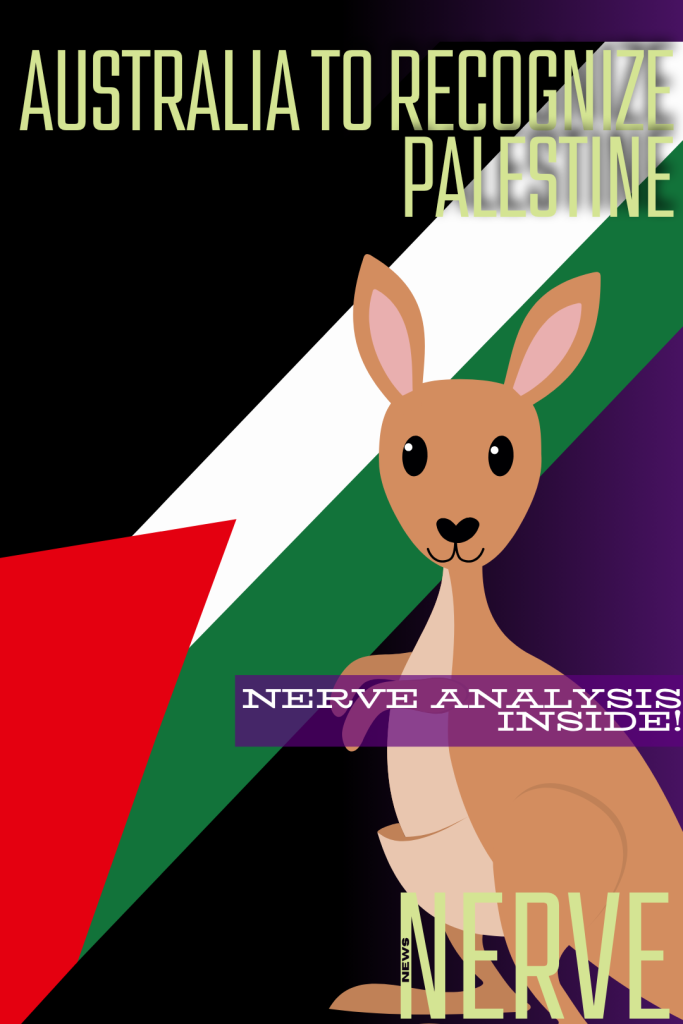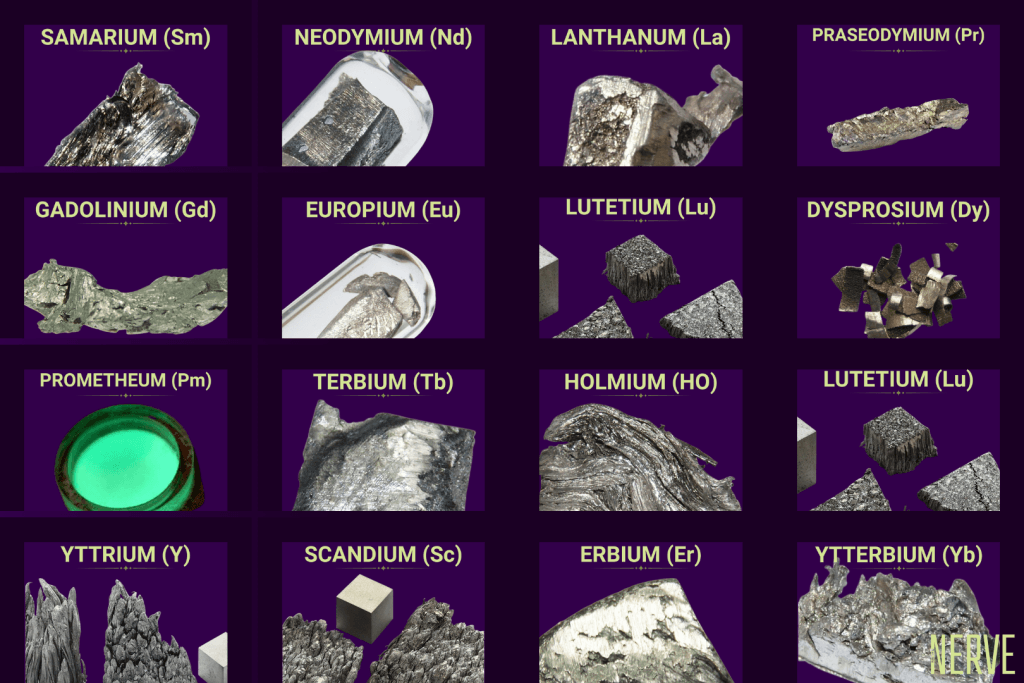Major Western Allies Move in September as International Pressure Mounts on Israel
Australia will formally recognize a Palestinian state at the United Nations summit in September, Prime Minister Anthony Albanese announced Monday, breaking with close ally the US as concern mounts over Israel’s plans for a renewed military campaign in parts of the Gaza Strip.
“A two-state solution is humanity’s best hope to break the cycle of violence in the Middle East and to bring an end to the conflict, suffering and starvation in Gaza,” Albanese told reporters at Parliament House in Canberra following a Cabinet meeting on Monday.
The announcement makes Australia the latest major Western power to commit to Palestinian statehood recognition, joining France, Britain, and Canada in a coordinated diplomatic initiative that has left the United States increasingly isolated on the international stage.
Coalition of Major Powers Emerges
Canada and Malta announced Wednesday they will recognize the state of Palestine in September, joining France and the United Kingdom in stepping up pressure to end the nearly 80-year Israeli-Palestinian conflict. The move leaves the United States increasingly isolated from some of its closest allies on the issue of Israel and how it has prosecuted its military campaign.
French President Emmanuel Macron announced ahead of this week’s meeting that his country will recognize the state of Palestine at the annual gathering of world leaders at the 193-member General Assembly which starts Sept. 23. Unlike other nations, France’s recognition comes without conditions.
U.K. Prime Minister Keir Starmer has outlined a September timeline for Britain’s recognition of a Palestinian state unless Israel agrees to a ceasefire, halts the expansion of Israeli settlements in the West Bank and commits to a two-state solution.
Canadian Prime Minister Mark Carney said Canada will recognize Palestine as a state in September at the United Nations General Assembly, with recognition “predicated on the Palestinian Authority’s commitment to much-needed reforms, including the commitments by Palestinian Authority President [Mahmoud] Abbas to fundamentally reform its governance, to hold general elections in 2026 in which Hamas can play no part, and to demilitarize the Palestinian state.”
Diplomatic and International Context
France and Britain are the biggest Western powers and, with Canada, three members of the Group of Seven major industrialized nations have now made such a pledge. Among the G20, ten countries (Argentina, Brazil, China, India, Indonesia, Mexico, Russia, Saudi Arabia, South Africa, and Turkey, as well as permanent invitee Spain) have recognized Palestine as a state, while nine countries (Australia, Canada, France, Germany, Italy, Japan, South Korea, the United Kingdom, and the United States) have not, though France has stated its intention to recognize Palestine by September 2025.
Nerve Analysis: $245 Billion security pact?
Australia’s decision to break with Washington is particularly striking given the unprecedented depth of military integration under the AUKUS security pact. This trilateral alliance, announced in 2021, represents the most significant defense partnership in the Indo-Pacific, with Australia investing up to $245 billion in nuclear submarine technology that the United States has previously shared only with Britain. Under AUKUS, Australia will receive Virginia-class submarines starting in 2032 and jointly develop next-generation SSN-AUKUS submarines, while also contributing $3 billion to expand American submarine production capacity. This extraordinary level of military cooperation makes Australia’s diplomatic divergence on Palestinian statehood even more significant, demonstrating that shared defense priorities cannot override fundamental policy disagreements when allies view American leadership as counterproductive.
The coordinated recognition of Palestinian statehood by Australia, France, Britain, and Canada represents a strategic realignment that has fundamentally altered America’s position in international diplomacy. This coalition of major Western powers now encompasses the most significant US allies across multiple continents, leaving Washington diplomatically isolated on one of the most consequential geopolitical issues of the modern era.
America’s isolation becomes more pronounced when viewed against the broader international consensus. With 147 of 193 UN member states already recognizing Palestinian statehood, the addition of major Western allies to this majority creates a diplomatic bloc that can operate effectively without American participation. The September UN General Assembly recognition ceremony will demonstrate this new reality, as America’s traditional partners proceed with coordinated action despite US objections.
This is what multi-polarity looks like and regardless of your position on Israel and Palestine, this isn’t a good look for America.
Most critically, this development signals a broader erosion of American hegemony in international affairs. When core allies publicly reject US policy preferences and coordinate alternative approaches, it demonstrates the limits of American power in the multipolar world order. The Palestinian recognition issue has become a catalyst for allied independence, suggesting that future international challenges may witness similar divergences from American leadership.
Trump’s explicit opposition to Palestinian statehood recognition has accelerated allied defection, as these nations concluded that American policy offers no viable path toward regional stability. This dynamic will create a self-reinforcing cycle where American isolation deepens as more allies align with the international majority position.
American leadership ought to steer us back in the direction where, generally, American preferences dominate and determine allied behavior. This precedent has implications far beyond Middle Eastern affairs, potentially affecting allied cohesion on other critical issues ranging from China to international migration and trade.
The Trump administration has until September to utilize both carrot and stick to maintain the important status quo wherein American leadership is the default assumption in every category of international affair. That will require a viable alternative that allies can sell to their constituents (or at least frame), or, more injuriously, trade guarantees.




